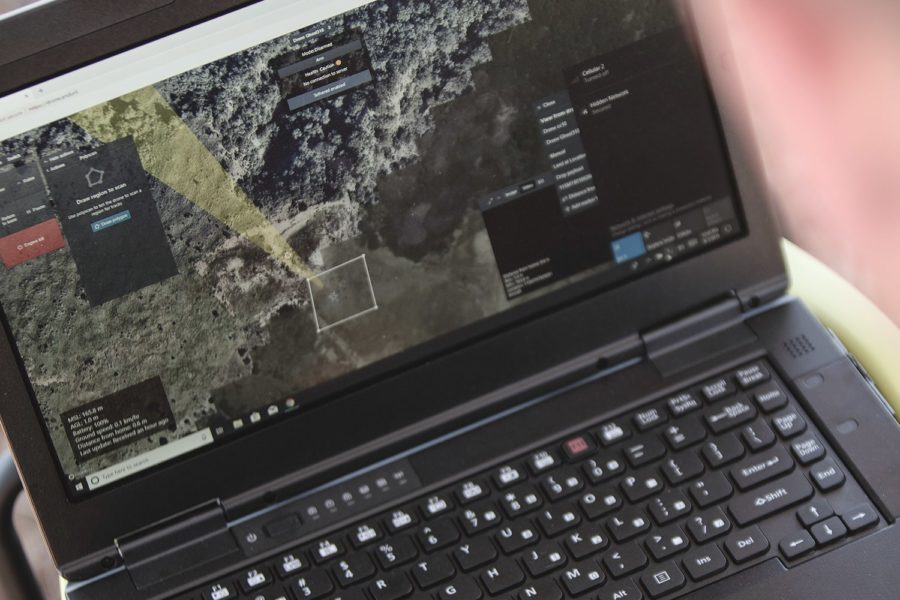The Government Accountability Office recently turned down a protest by California-based Anduril Industries, which challenged how the Air Force is running aspects of its Advanced Battle Management System acquisition.
Anduril filed the protest in November to push back on a solicitation for contractors to participate in ABMS that it felt restricted competition.
In September, Anduril won a contract worth up to $950 million over 10 years to participate in four kinds of work under the ABMS umbrella: digital architectures, connectivity, apps, and effects integration. But it also wanted to vie for a place in the Air Force’s work on tactical edge node support—in other words, making sure deployed Airmen can connect to the right networks to get information they need during missions.
The Air Force said it would only accept proposals from firms chosen to work on secure processing, another part of the ABMS program. Anduril argued that tactical edge node support should fall into the connectivity bucket as well, and that the Air Force is unfairly giving the secure processing contractors a bigger pool of work.
USAF is looking for companies that can offer a “highly portable communications system that can operate in austere and network-degraded environments,” bouncing data through air and space to “provide connectivity to the cloud and Internet Protocol-connected platforms across the globe,” according to a request for proposals.
Anduril believes that technology focuses on data transmission, more in its connectivity lane than that of the companies working on data processing, according to GAO. The Air Force contends that “some overlap between secure processing solutions and connectivity solutions is expected because a technical solution that allows for the processing of information, by its nature, must also be able to securely transport that information and securely connect with other networks,” GAO said.
In its Feb. 22 decision to deny the protest, GAO said the Air Force’s view is correct. The requirement for battlefield node support is “logically connected” with the broad scope of work in the secure processing field, the agency said.
GAO also dismissed aspects of the protest because it lacks jurisdiction in cases worth less than $25 million, like the tactical edge node support project.
Anduril declined to comment on the decision March 3.
Editor’s note: This story was updated to reflect Anduril’s response to a request for comment.
